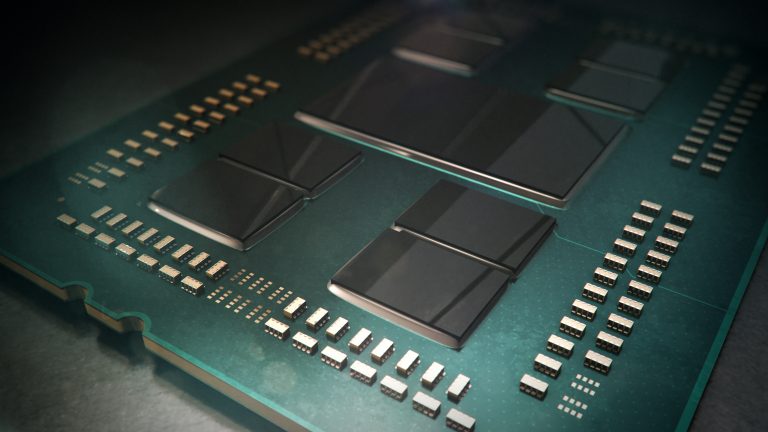Intel’s CFO George Davis has stated that the company's 10nm process node will be ‘less productive' than its predecessors, but it is targeting a “better profile of performance” for its “7nm period”. Additionally, Intel's road to 5nm will be shorter thanks to the company's investments in this technology.
During a conference, George Davis admitted that Intel's 10nm productivity will be less than 14nm and 22nm. Fortunately, his expectations suggest a brighter future for Intel, as the company is planning to achieve process parity in late 2021 with its 7nm process node while creating a “stronger” process node than its predecessor. For 2022, Intel is hoping to regain process leadership with its 5nm process node.
According to ComputerBase (via PCGamesN), in order to reach its objectives, Intel will accelerate its shift from 10nm to 7nm, and subsequently the shift from 7nm to 5nm. Davis commented that this will probably impact Intel's ‘gross margin', given how fast it will jump from one architecture to another.
Although Intel plans to ship 7nm CPUs in 2021, there's a high probability that desktop CPUs will only release later in 2022. At the same time, according to TSMC's roadmap, the Asian manufacturer will be mass-producing its 5nm process node (in 2020) and 3nm process node (in 2022).
Intel has faced a number of delays with its 10nm processors, while there have also been 14nm supply struggles. George Davis expects that Intel will recover “to supply customers and build its CPU inventory” until the year's end.
Discuss on our Facebook page HERE.
KitGuru says: Do you believe Intel will achieve process parity in 2021? Do you think Intel will retake its crown in 2022?
 KitGuru KitGuru.net – Tech News | Hardware News | Hardware Reviews | IOS | Mobile | Gaming | Graphics Cards
KitGuru KitGuru.net – Tech News | Hardware News | Hardware Reviews | IOS | Mobile | Gaming | Graphics Cards



